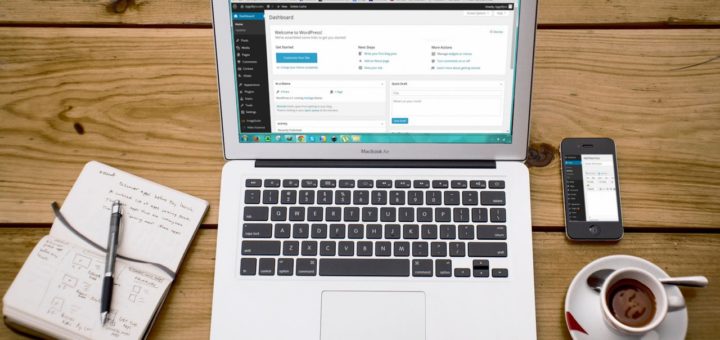What to Avoid on Twitter

Twitter is all over the place. It has taken off like a wildfire burning through a dry forest. Everyone uses Twitter, from students to business people to senior citizens to celebrities.
As Twitter continues to evolve, the communication barriers are being broken down. People have a new language in which to communicate through Twitter.
However, as wonderful as Twitter is, both for social and personal use, we can end up losing followers if we stray too far off of the beaten path. There is something called “Twitter Etiquette,” which clearly outlines what not to do. Below are some of those rules.
- Don’t constantly push your own products and services (the purpose of Twitter is not a selling platform, it is communication)
- Don’t say anything negative about others in your tweets (this is just good common sense)
- Don’t tweet trivial facts that are not of any value to anyone (as with all social media sites, you want to be regarded as credible)
- Don’t have anyone else tweet for you (the words should be yours and yours alone)
- Don’t tweet nonstop (that can get very annoying to other people)
- Don’t tweet too little (or people will forget that you exist)
- Don’t make your tweets too long (even though the maximum is 140 characters, you should leave 20 at the end for others to retweet)
- Don’t retweet without giving credit to the original source (this demonstrates respect for your followers)
- Don’t follow anyone and everyone (be selective)
- Don’t forget your purpose with Twitter (social or professional)
- Don’t neglect trending topics (those are important to cultivate interesting and stimulating discussions)
- Don’t lose focus of what you stand for (this is also tied into your credibility)
- Don’t register for too many Twitter accounts (they will become hard to manage after a while)
- Don’t leave your Twitter profile blank (it is important for others to become acquainted with you through your background, which you have on your profile)
- Don’t forget to integrate your tweets with other social media platforms (this will give you much wider and very valuable exposure)
- Don’t say anything that can get you fired or not hired
- Don’t say anything that can get you sued
- Don’t limit your creativity when you tweet (Just run with your ideas. Creativity is what makes such stimulating and exciting conversations)
With the revolution of Twitter, there are many people who really don’t have a good idea of what they are doing. The list above should help make them more comfortable and more valuable to others.
The majority of the people who use Twitter are doing so primarily to participate in discussions. Promoting their business and trying to increase sales is not their main objective. The select few who try to use it for that purpose are taking away from the beauty that is Twitter.
On the other hand, there is nothing wrong with sharing information about what is new in your business with those who follow you. If they follow you, it is safe to assume that they are interested in what you have to say. Just remember to impart the information in moderation. Too much of anything (good or otherwise) gets old very quickly.
As time goes on, you will keep learning more and more about Twitter. It is an amazing and effective tool that offers everything from the supporting applications to the lingo to the unique etiquette.
We are pleased to provide you the insightful comments contained herein. Please contact us at CompuKol Communications for further discussion on how we might be able to assist you and your team.



Michael, I liked very much reading this article. Very well written and full with valuable content
Alex
Don’t follow anyone and everyone (be selective), it seems thats what most people do. Thousands following and following thousands.
There are many big brands (not like me of course – since I am a one woman show for now) that have members of a team that tweet as a consensus or one voice if you will. Many of these large companies that I am referring have a twitter account for the purposes of delivering customer service. Therefore, I do not agree with the above where it says: don't let another person tweet with you. When I at reply Godaddy, for example, I know I am not speaking with Robert Parsons. It all depends on what is your twitter strategy. But good points all around.
I try to practice good social skills in Twitter, Facebook, MySpace and other social sites I am in. It just makes sense to use them responsibly to promote whatever business you are in. After a while people start following you or requesting your friendship when you make your tweets or posts interesting. I find the information in this blog totaly helpful. Thanks.